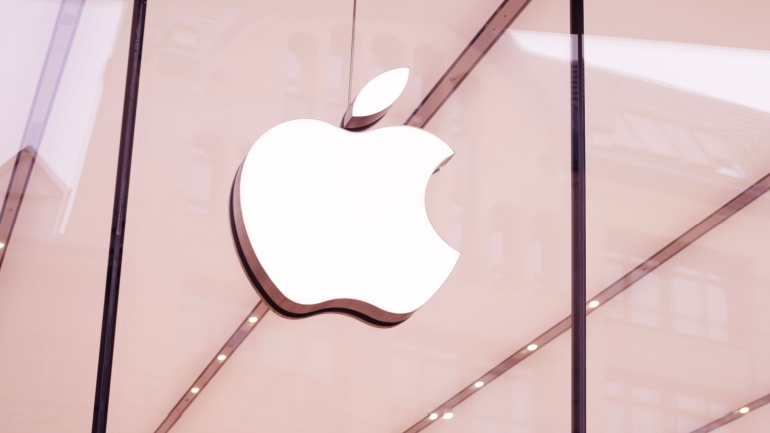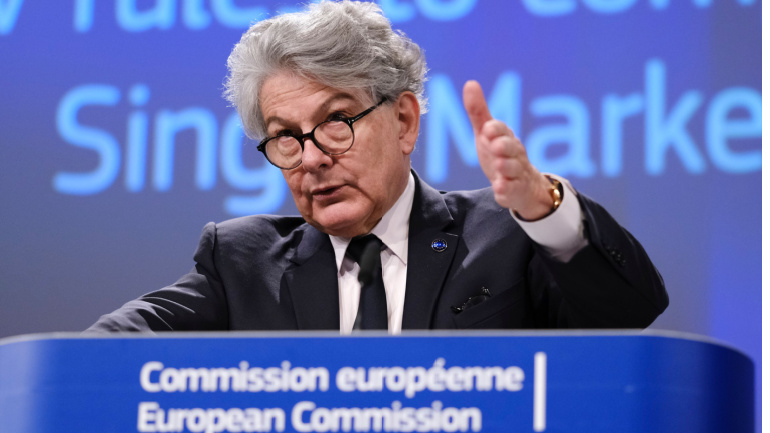The European Commission has announced that Apple’s App Store policies may violate the Digital Markets Act (DMA), launching a new investigation into the tech giant’s compliance. According to the Commission, Apple’s rules restrict app developers from directing consumers to alternative purchasing options.
The European Commission has launched a thorough investigation into UAE-based telecom company e&’s acquisition of PPF Group’s telecom operations in Eastern Europe. This move excludes PPF Telecom’s Czech business.
Verizon launches AI-driven apps to improve customer service by streamlining interactions. The European Commission designates Booking.com as a ‘gatekeeper’ and plans antitrust charges against Microsoft for bundling Teams with Office. Telstra establishes a regional network hub in Guam at GNC iX data center. GlobalData underscores US telcos’ struggle to stand out in the B2B channel.
The recent merger of Orange Spain and MasMovil, forming the telecoms behemoth ‘MasOrange,’ has set the Spanish telecommunications scene abuzz. This union, approved by the European Commission, woos Telefonica – a potential powerhouse partner, disrupts EU regulations on allocated spectrum, and incites the emergence of Digi as a significant player.
Breaking new ground in the European telecoms sector, France’s Orange and Spain’s MásMóvil have won European Commission approval for their joint venture with a proviso. A stipulation of the deal instances Romania’s Digi – Spain’s largest MVNO – to acquire spectrum from MásMóvil. With this move, Digi could transform into the fourth mobile operator for the Spanish market.
In response to the rapid growth of the metaverse and generative AI sectors, the European Commission (EC) is conducting a comprehensive evaluation of the competitive landscape. Margrethe Vestager, the Executive Vice President of competition policy, has issued Requests for Information (RFI) for both markets, urging stakeholders to share insights on competition levels and propose ideas on how antitrust regulations can sustain competitiveness.
In a long-anticipated move, telecommunications giants Digi, Orange, and MasMovil have finalized agreements as part of their ongoing merger negotiations. The trio is seeking the European Commission’s approval to resume the halted approval process, which stalled in July.
In a strategic move to fortify the European Union’s standing in the global cloud computing sector, the European Commission has greenlit a substantial €1.2 billion state funding injection. The funding is earmarked for the Important Projects of Common European Interest (IPCEI) Next Generation Cloud Infrastructure and Services (IPCEI CIS), a collaborative initiative involving seven member countries: France, Germany, Hungary, Italy, the Netherlands, Poland, and Spain.
The future of high-quality broadband access hinges on fiber investment, with interest spanning government, media, and network operators. Its value is in optimization, sustainability, and compatibility with the future. This technology could reshape industries, from education to smart city initiatives. The European Commission’s ambitious Digital Deco 2030, aiming to extend gigabit services to its entire populace by 2030, reflects global recognition of broadband’s potential in economic growth. Nevertheless, the disparity in gigabit-digital access remains a concern, prompting a focus on all-optical fiber networks. This reality becomes evident with Omdia’s Fiber Development Index (FDI), offering a diverse range of fiber investment metrics.
Thierry Breton, Internal Market commissioner of the European Commission, is advocating for a unified European telecoms market, anticipating advancements in growth, innovation, and swift adaptability to emerging technologies. Arguing against the current market fragmentation, he believes regulatory easing on issues like spectrum acquisition could invite investors to support future networks. Simultaneously, telecom operators suggest cross-border consolidation as a potential path when local financial conditions improve.













